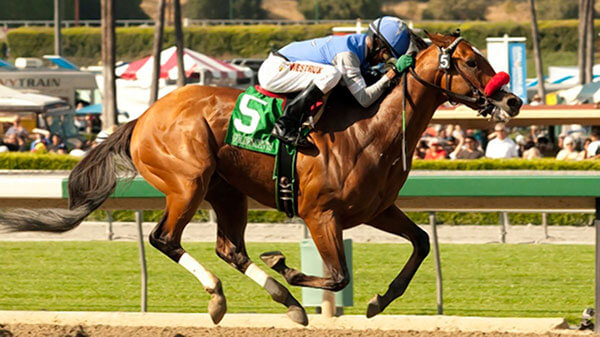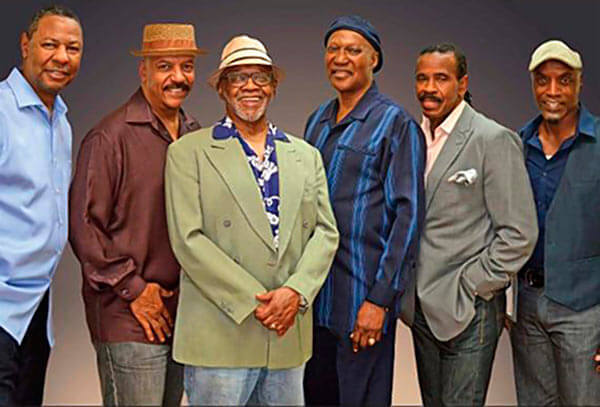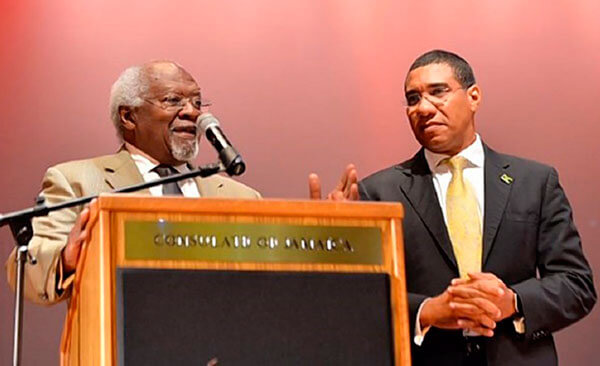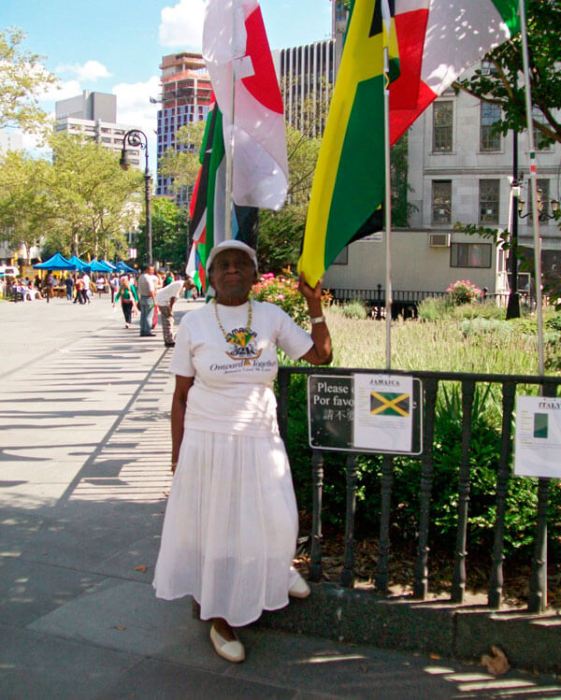The impact of Black athletes elevating sports has been well documented and for most indelibly inscribed in the minds of a majority.
Little known though is that there was a time when riding a racehorse was almost exclusively a Black occupation.
Many of these jockeys had been slaves in the South, working as stable hands and becoming skilled horse handlers.
It is documented that “plantation owners put them on the backs of horses in informal — and dangerous — competitions.”
Some owners tasked “lightweight slave boys to race their horses against rival owners. It was not unusual to see slaves tied to horses in order to keep them from falling off.”
Many were injured and more than a few died during contests.
Therefore by the time horse racing became an organized sport in the early 19th-Century, Black jockeys were already leaders in the saddle.
Black jockeys won 15 of the first 28 of America’s most important horse races at Churchill Downs.
The very first Black sports stars were jockeys.
When the Kentucky Derby launched in 1875, 13 of the 15 jockeys were African-American.
That race was won by a former slave, Oliver Lewis.
Soon after, Isaac Murphy, the son of a former slave became the first jockey to win three Kentucky Derbies — in 1884, 1890, 1891.
Murphy went on to win an unprecedented 44 percent of all his competitions, becoming the first rider inducted into the National Racing Hall of Fame.
According to Joe Drape, author of “Black Maestro,” an industry document, “Murphy was the first millionaire Black athlete.”
“He even had a white valet.”
Drape said Blacks “were the premier horsemen in the world.”
Thoroughbred racing “was the first professional sport for Black athletes in America. They were at the forefront of horse racing and it was a place where they could earn a good living.”
In addition to setting the record straight on Black jockeys, Drape’s account spotlights Jimmy Winkfield, a pioneering Black champion jockey.
Regarded among the best, Winkfield was forced out of participating in the sport due to racial discrimination.
Along with a few Back jockeys he migrated to Europe. There it seems his profession flourished.
Winkfield was the most successful, winning every major race on the continent, including Russia’s Moscow Derby, France’s Prix du President de la Republique and Germany’s Grosser Preis von Baden.
Allegedly, Winkfield made and lost several fortunes.
In Russia he lived in the Moscow National Hotel, owned a skating rink and held four percent of Russian railroad stock.
He developed a fondness for caviar at breakfast and chauffeur-driven Duesenberg cars.
Legend had it that Winkfield would buy back losing tickets purchased by American tourists. Those who betted on a race he lost were guaranteed their money back if they made the claim showing betting tickets at his hotel dining room.
Winkfield’s escapades included narrow escapes during the Russian Revolution and the Nazi invasion of Paris during World War II.
He survived and prospered until the ripe old age of 93.
He died quietly at his horse-breeding farm at Maisons-Laffitte, near Paris, in 1974.
Here in America, racial discrimination all but excluded Black jockeys from the career field and by the turn of the century their presence was virtual absence.
To think that after making such a bold entrance into the acclaimed sport of kings, the most recent figures show that Black jockeys account for 30 of the 750 members of the national Jockey’s Guild.
While history prevails in other sports that heavyweight boxer Joe Louis virtually salvaged the sport from decline when he whipped Max Schmeling in 1905. And that the acclaimed “Brown Bomber” dominated the sport and was regarded as the “the Great White Hope,” after 72 fights and only three losses, Louis’ legacy continued with a long list of benefactors that capitalized on his greatness.
Among the champions: Sonny Liston, George Forman, George Frazier and the avowed greatest Muhammad Ali.
History documents that baseball’s greatest moment integrated Jackie Robinson into an all-white sport. It also notes that the Brooklyn Dodger changed the game and is cause célèbre during this month.
Without Michael Jordan, the sport of basketball might not be the alluring game television capitalizes with fans and investors demanding an opportunity to cash in on returns.
Also already established with glory heaped on tennis stars Arthur Ashe, sisters Venus and Serena Williams; Tiger Woods’ ramping up the alluring aspects of golf, acclaim won by sprinters Carl Lewis, Usain Bolt, Wilma Ruddock and Jesse Owens among a long list of Olympic champions and the venerable milestone achievements of outstanding individuals identified by their Black race almost stereotypes the race as sports superstars.
Notwithstanding are the accomplishments of Black jockeys, the thoroughbred racers who blazed the trail.























